Tucker Rivera, Swimming World College Intern
November 1, 2018
While swimmers go about their lives with an intense competitive nature, sportsmanship seems less fickle in our sport than it does among other sports that are more popular. In swimming there are no brawls, tantrums are scarce, and tempers rarely exceed past goggles thrown at the wall. Rather, moments after a thrilling victory, we might console those who we’ve defeated. Seconds after losing to our most bitter of rivals, we shake their hands over the line. Impressive races are adulated without fail; swimmers approach one another as equals and often become acquainted outside of the pool. Common courtesy is all the more common in our sport.
Why, then, are swimmers so darn nice to each other?
Training Commiseration
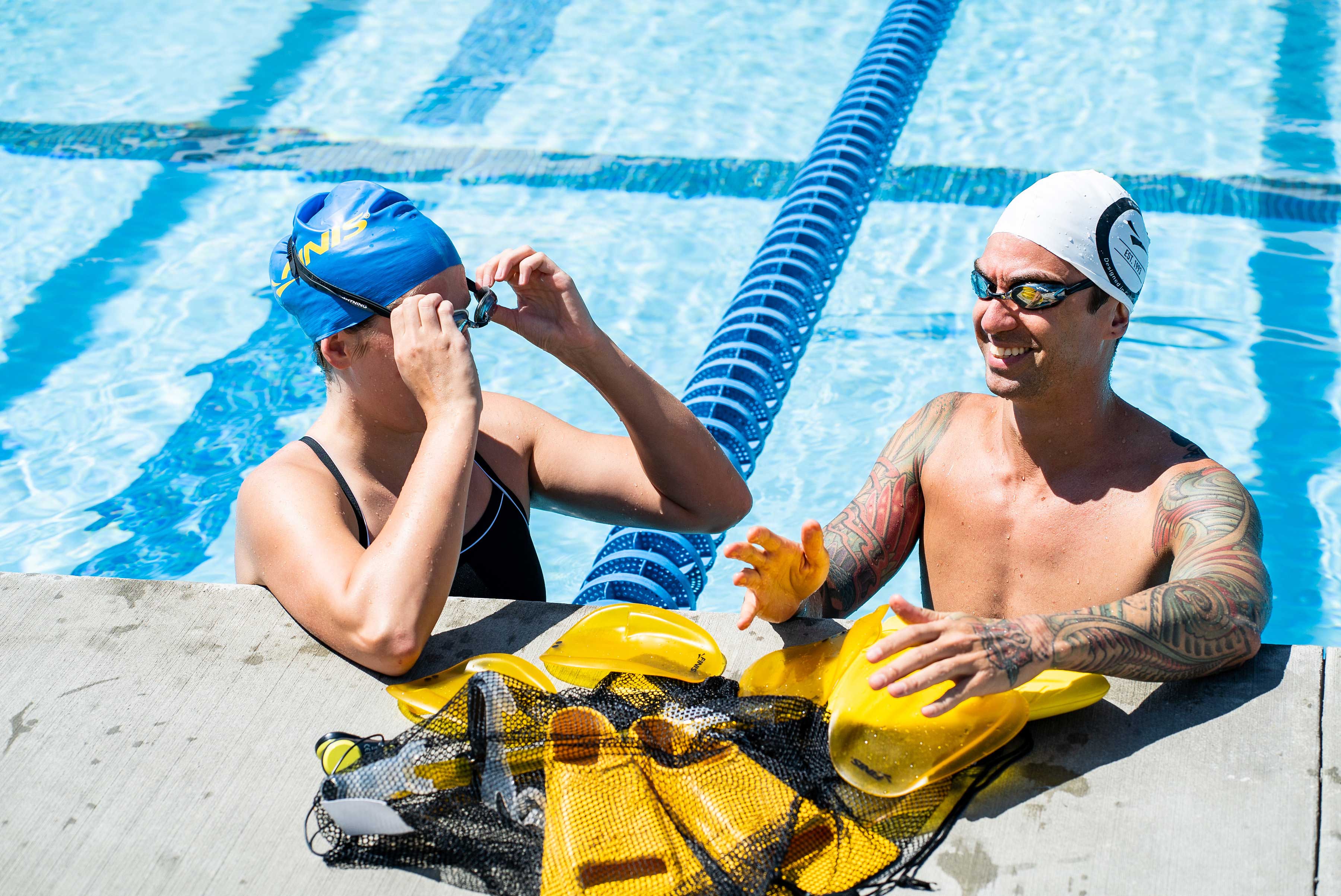
It’s hard for swimmers to earn spite from their opponents. . . In all honesty, swimmers only hate three things: “standing,” adding time, and that one parent who takes flash-photos at the start.
In general though, swimmers respect one another; regardless of caliber, we train at an insanely high intensity. From the age of 13, many elite swimmers are training (or transporting to practice) upwards of 14 hours a week! As swimmers, we understand the pain, the grind and the discipline that it takes to succeed in our sport. When we see other athletes competing at the same level, we make the necessary assumption that they’re just as dedicated to their craft.
The 400 IM is nothing compared to the 400 IM ladder. The mile? Nothing compared to 4x800s for time. The 50? Nothing compared to 16x75s lactate on a cold, Saturday morning. Swimmers are good at putting situations into context. In the long run, the work overrules the results, and while good results are always preferable, we generally understand that success is more often relative than it is comparative.
Swimming: Nearly an Individual Sport
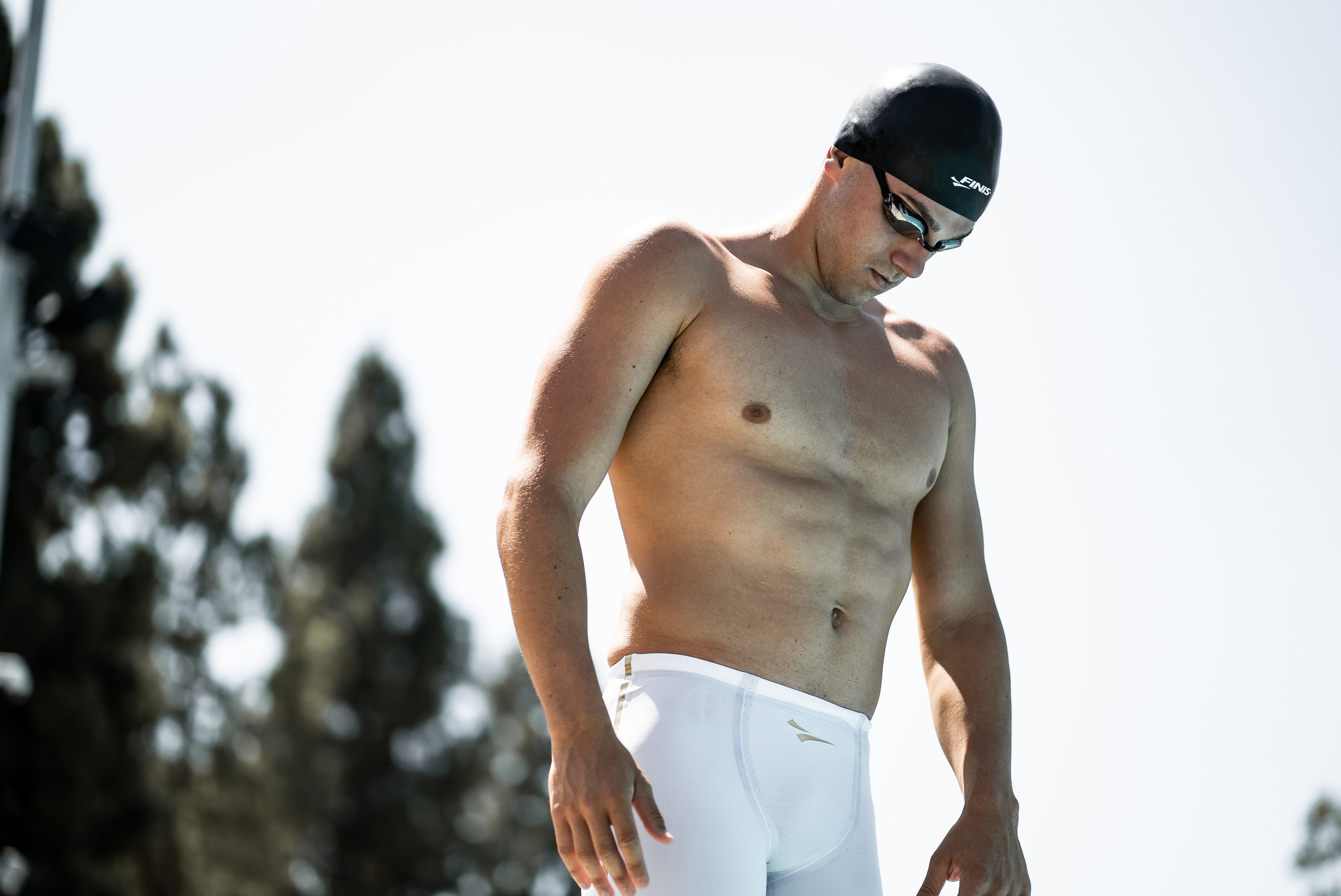
It’s no secret: without high school or college, swimming would be an almost entirely individual sport. Barring sectional championships or mid-season invites, winning as a team tends to matter less to athletes than their success as an individual. However disappointing that truth may be, it implicates that athletes are able to detach their predispositions about a person from the club that they may swim for. Assumptions about other swimmers – until college (you’ll see) – are rarely made about a competitor because of the team that they swim for.
The person next to you is just another athlete. The person next to you is the person you talk to before your races and the first person you see when you finish them.
Down Time
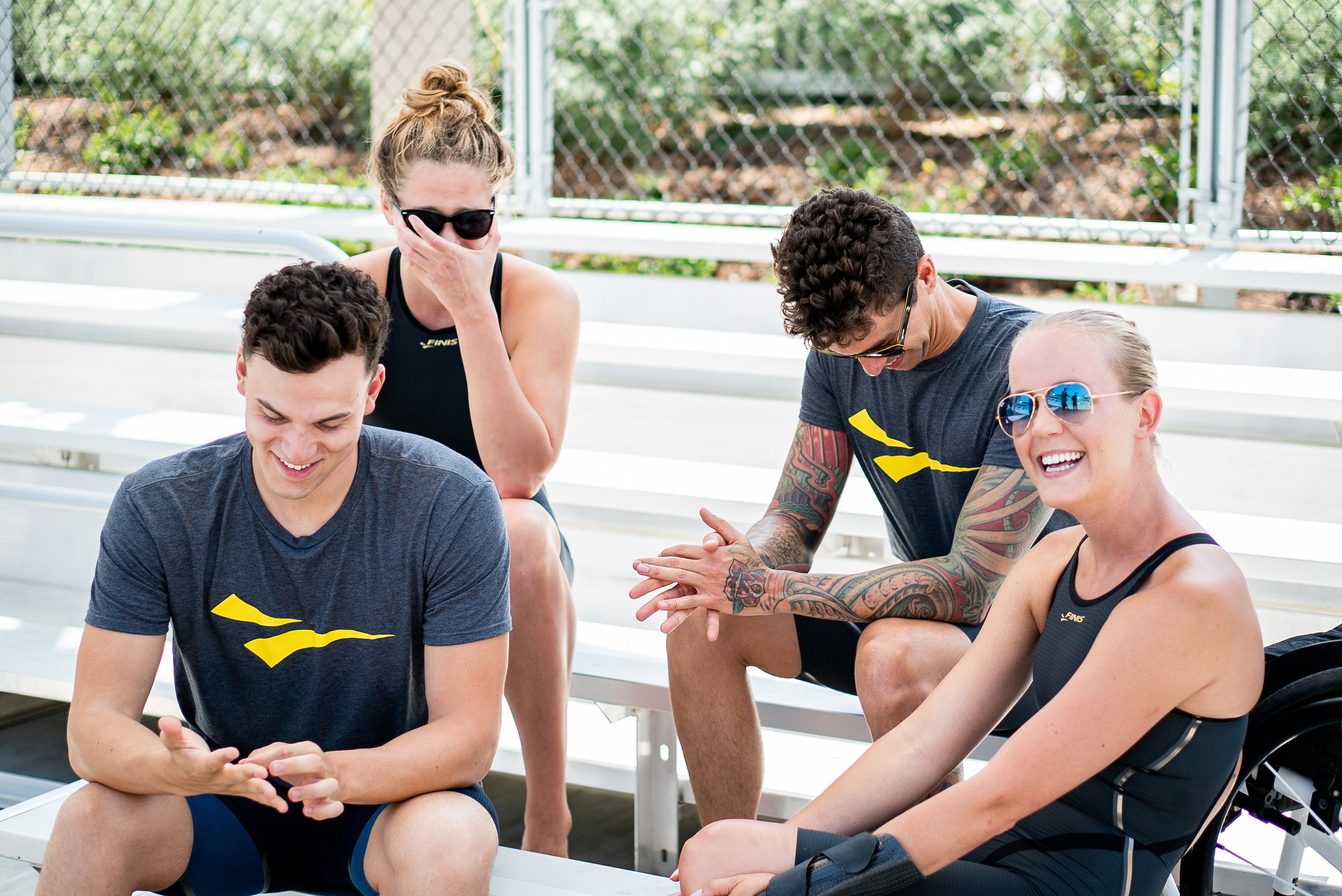
If you’ve ever been to a USA Swimming club meet, you’d know that they seem to last for an eternity. Swimmers spend a monthly eternity with the same group of people from the time they’re 10 to the time they’re 22. For a majority of that time, they swim the same events against the same people. Why hate someone you’ve grown up having fun with? Swimming is a brotherhood – a family.
It’s hard to separate that sentiment from the sport as we age. Almost all swimming communities are constructed as such. This feeling of amicability and affection for our peers carries over from generation to generation, community to community. It’s simple: the more time you spend with people with like interests, the more relationships you’re able to build. Family not necessarily by choice but by nature.
Selflessness versus Self-Interest
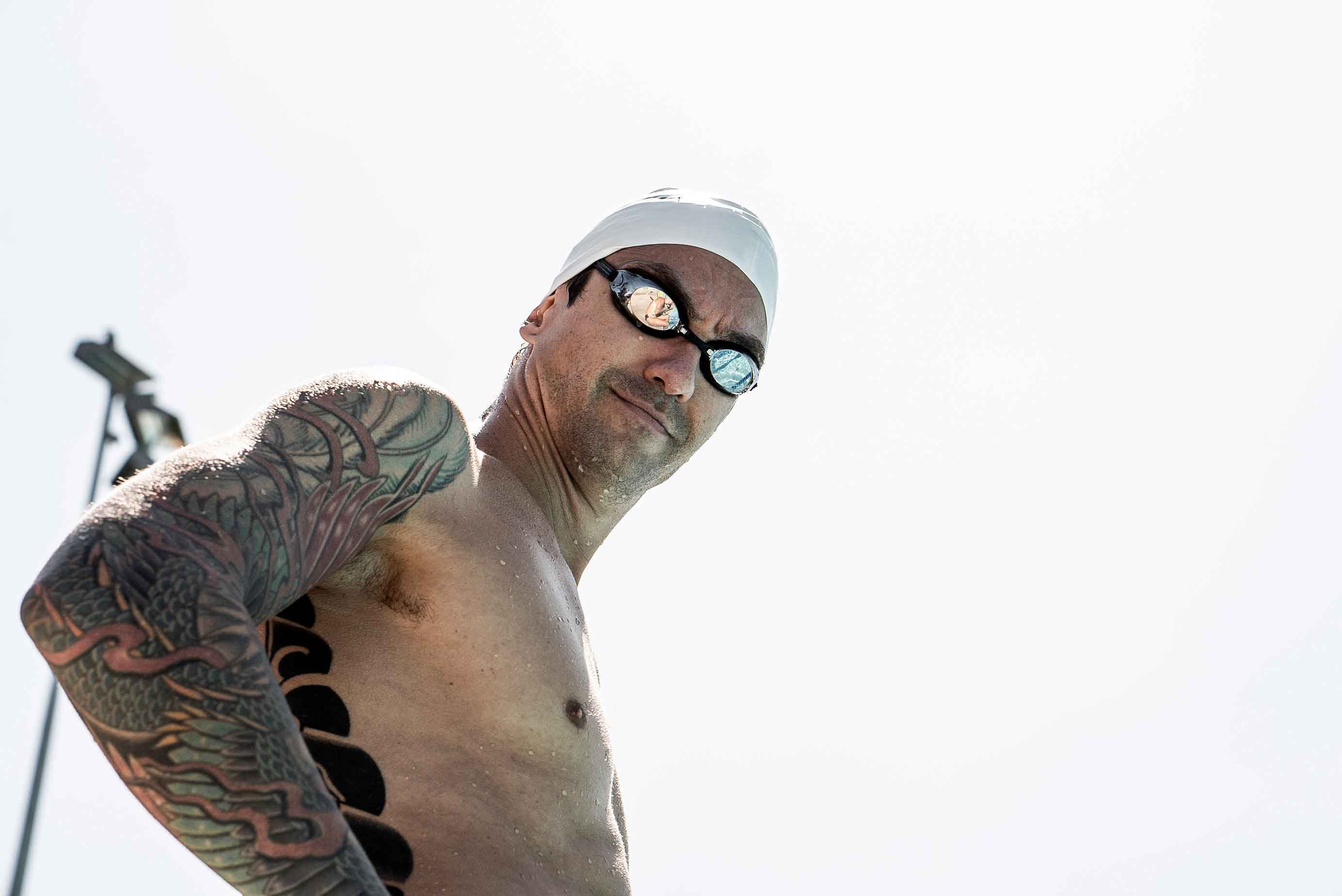
Swimming is transparent and objective. Who can swim faster? Which team has faster people? It’s simple enough.
Thus, one of the only ways for the sport to continually progress is for competition to become steeper. Every Michael Phelps must have his Ryan Lochte, every Natalie Coughlin her Kirsty Coventry. Because of the necessity of competition, our sport is more willing to share ideas with one another. The best way for the individual to improve, is for the whole to improve.
Hundreds of swimmers across subscribe to Bob Gillett’s underwater kicking regimens, and almost every team across the country swims some variation of the “Texas” set, etc. Coaches will share drills with one another at meets, swimmers will video tape one another’s races or let someone “roll-out” with their “stick.” We’re nice, we share, and we can count on one another.
The better our neighbor swims, the more inclined we are to swim faster. Nothing inspires fast racing like swimming next to a teammate or rival or Olympian who you really just don’t want to lose to. All of your strategies have already become habit, so all that matters is going faster. Win or lose, you’ll shake hands, get out of the pool and start thinking about your next race.
Eat, Swim, Love
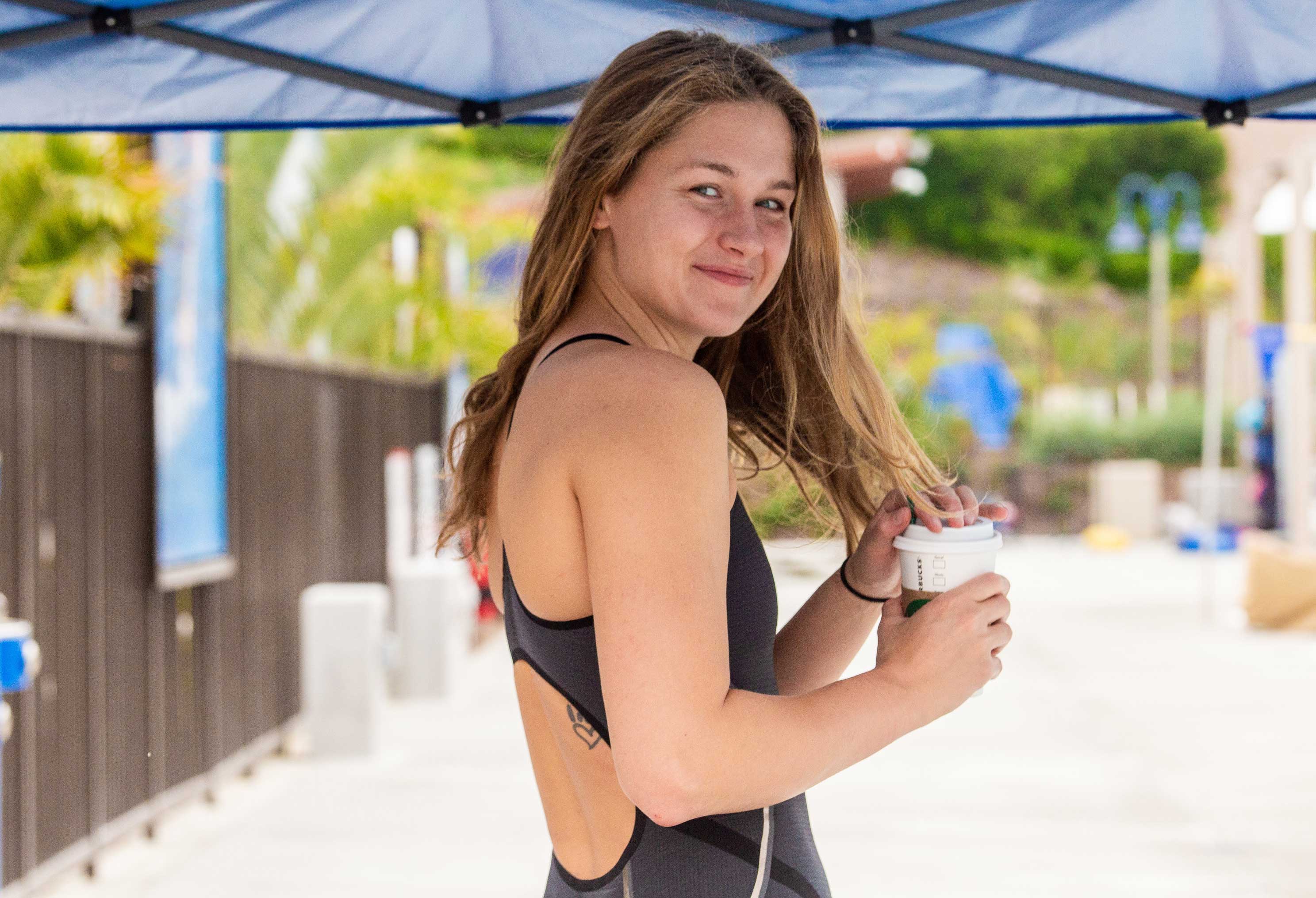
It may sound self-explanatory, but the only way for the sport to improve is for everyone to improve. Highest levels of other sports are growing boring because of the predictability and prolonged prominence. On the other hand, swimming seems to be in a constant state of progression and evolution. It’s not as fine-tuned as other sports. We’re still learning about our sport, despite spending so much time attempting to perfect our craft. Because of this desire to learn, we’ve bred a culture that is founded upon the ideals of utility and collective advantage.
Whether it’s commiseration, bleacher talks or education, we create families in this sport that are difficult to find elsewhere. We love each other because we love the same sport, share the same passions, and maintain the same discipline.
They don’t call it the “funnest sport” without reason.
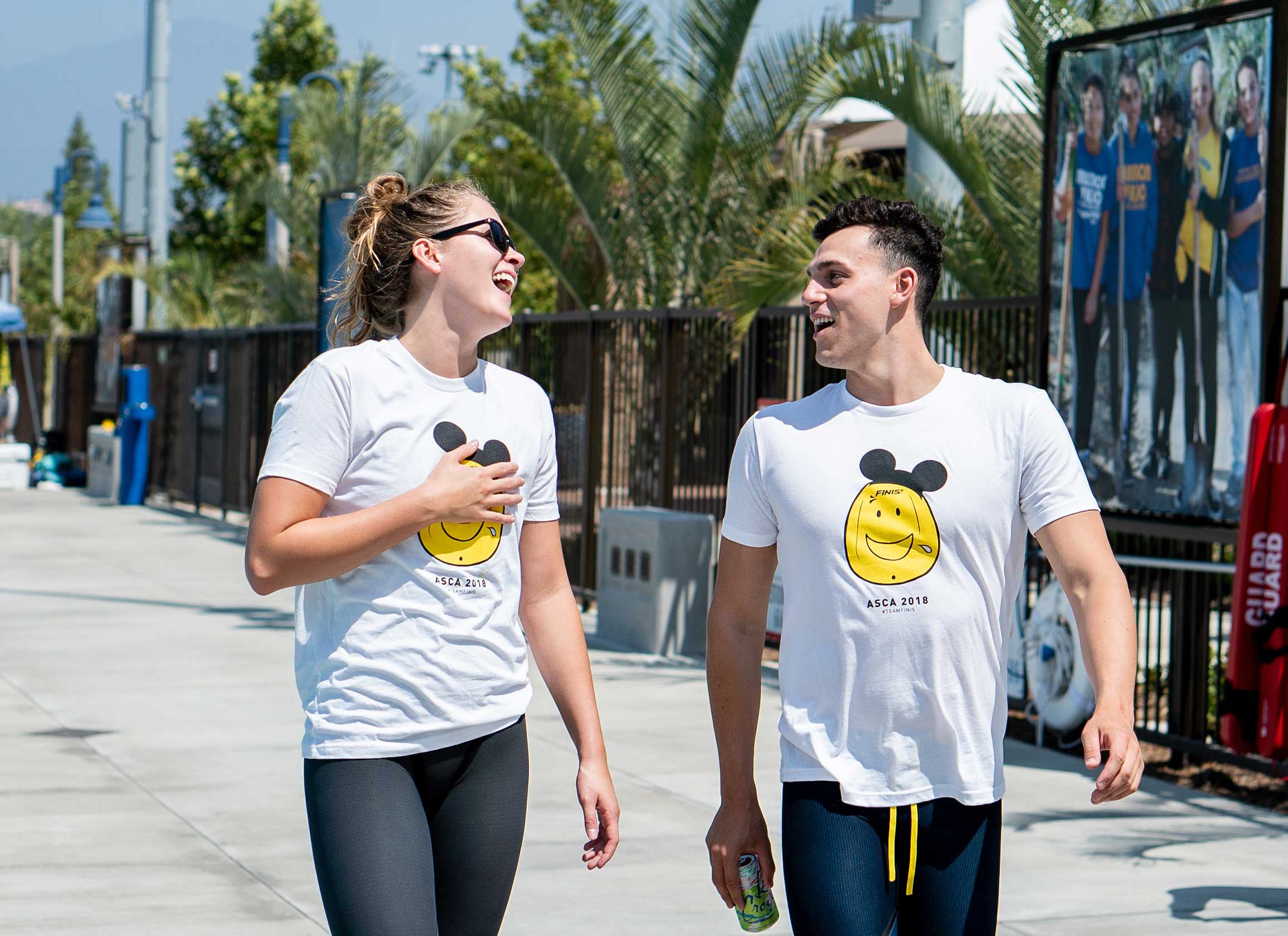
All commentaries are the opinion of the author and do not necessarily reflect the views of Swimming World Magazine nor its staff.
Recent Articles
Dylan Carter
Chelsea Hodges
Lorenzo Zazzeri
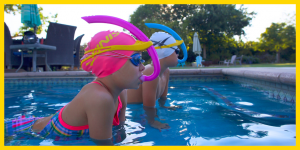
Introducing the Stability Snorkel Jr
Share on Social Media


